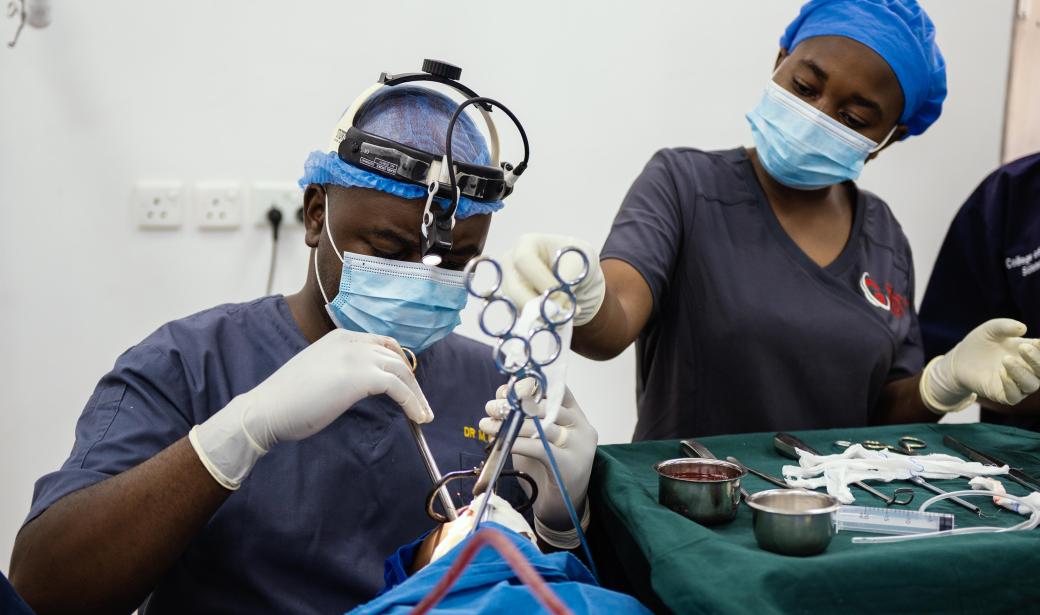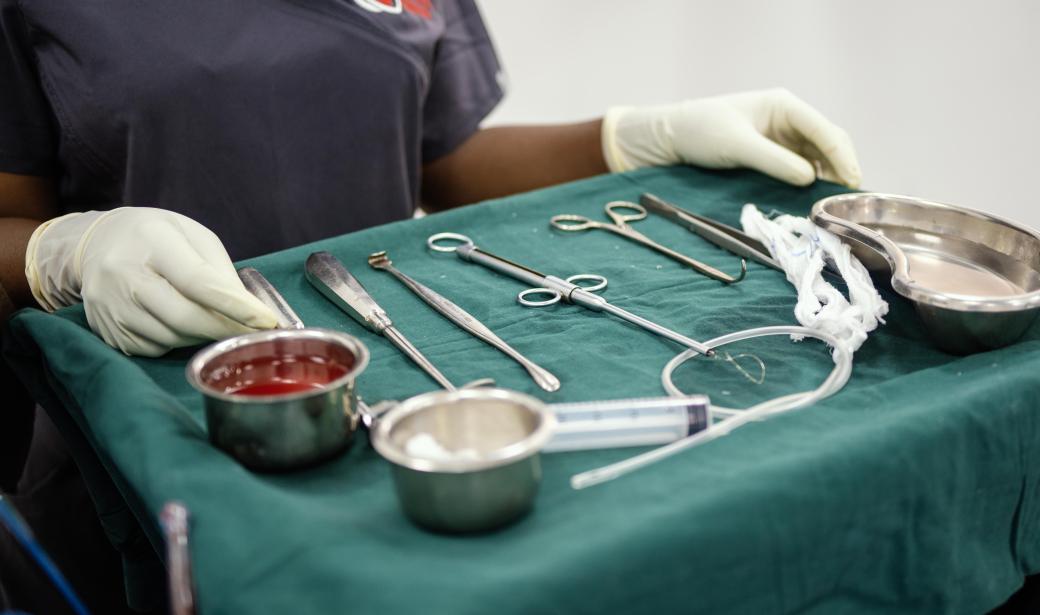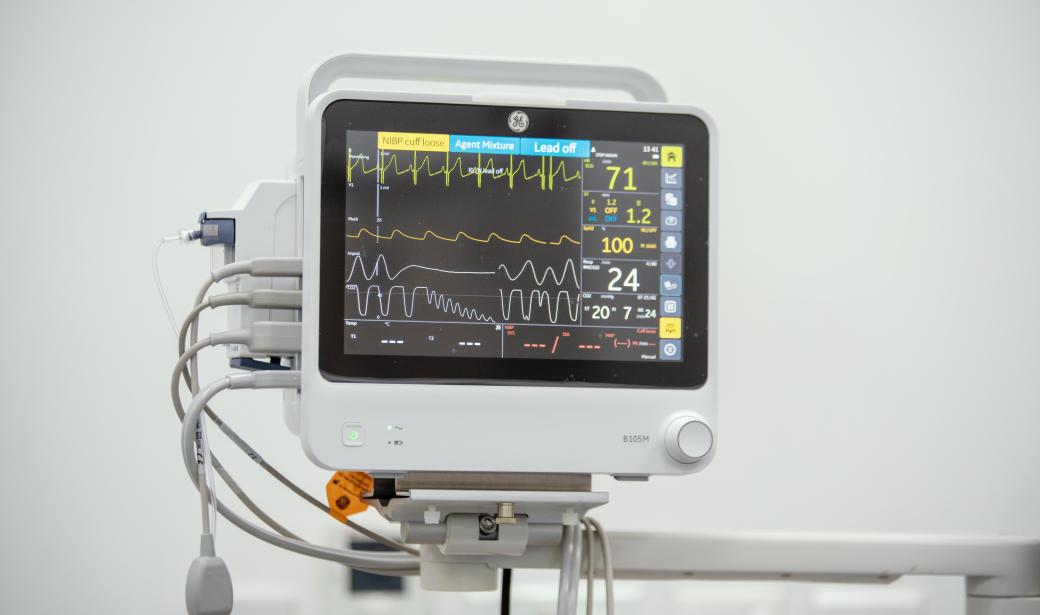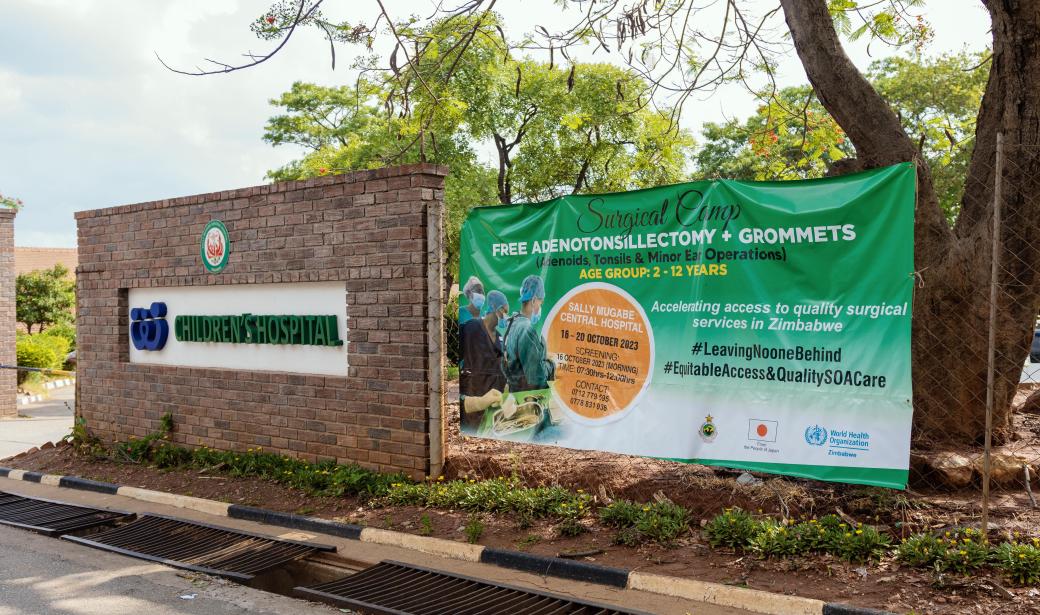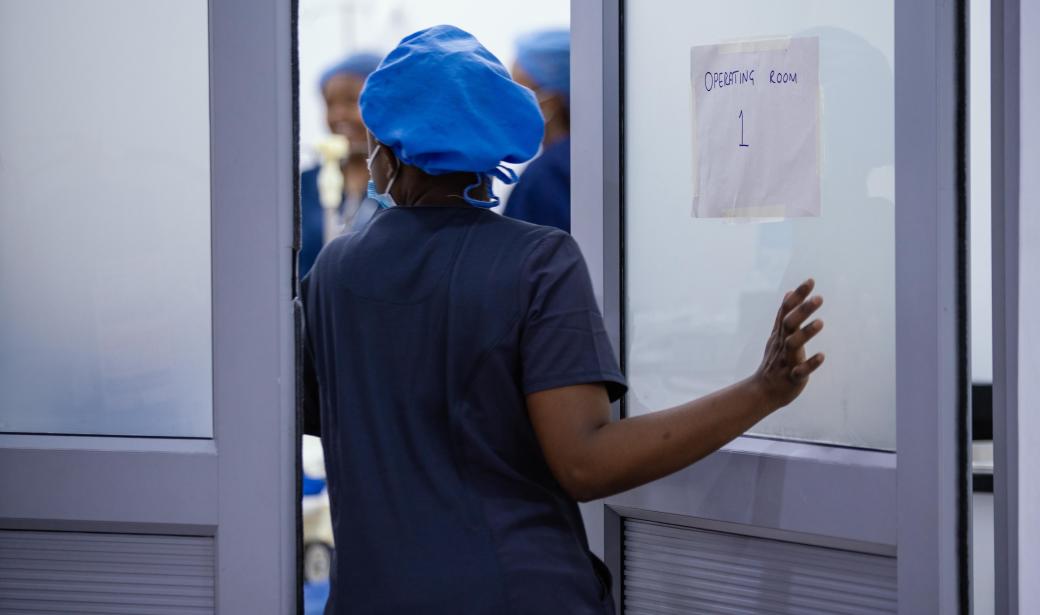Harare – Free surgery camps by Zimbabwe’s Ministry of Health and Child Care are providing relief to children in communities across the country for common conditions that may be out of reach for many families.
The camps are designed to reduce waiting lists and address gaps in service provision. Two camps have already been held so far this year, focusing on hernias, which reached 101 children, and adenoids, tonsils and minor ear operations for 140 children aged 2 to 12 years. A session is currently underway to provide surgical procedure to 150 children with tonsilitis, hernias, lipomas and benign tumours.
The camps have been made possible by funding from the Government of Japan, and with technical and financial support from World Health Organization (WHO), Celebration Health, the Smile Train and UNICEF. WHO has played a role by ensuring that the camps are undertaken in line with guidelines and offered in safe conditions.
The free surgery camps programme is the first and only in the country that is part of the implementation of the National Surgical Obstetrics and Anaesthesia Strategy (2022–2025) which was developed and launched with WHO, UNICEF, UNFPA, Global Financing Facility and World Bank support. It is implemented by the Ministry of Health and Child Care, with technical assistance from WHO and will end on 31 December 2023.
The boy’s father, Nicholas Mwanditani, says he was devastated that he could never afford the US$ 500 for the surgery that could change his son’s life.
“As a father, it really broke my heart watching my son in pain for years. I only make less than US$ 50 a month as a tiler,” he explains.
The camps have strengthened the capacity of surgical, obstetrics and anaesthesia providers by targeting 100 health workers to receive mentorship and on-the-job training. To date 51 health workers have been trained.
The camps have also improved infrastructure and equipment, by fully furnishing four theatres in four district hospitals to ensure continuous surgical service provision. Minor surgical equipment has been purchased and used in the camps.
The health information system for surgical, obstetrics and anaesthesia has been upgraded and now the Ministry of Health is able to track these indicators routinely at national level.
“The camps have provided life-changing opportunities for underprivileged children, whose quality of life will improve remarkably,” says Dr Stanley Midzi, WHO Zimbabwe’s Health Systems Strengthening Advisor.
“The camp is a part of our support to the Ministry of Health and Child Care in accelerating access to timely, affordable, safe and quality surgical services for Zimbabweans, particularly the vulnerable who cannot afford surgery costs," Dr Sisimayi explains.
The surgical camps demonstrate the capacity of Zimbabwe's health workers to conduct such catch-up campaigns, while highlighting the importance of access for all to essential surgical services, to realize universal health coverage in the country, says Dr Precious Mtambanengwe, the Sally Mugabe Central Hospital paediatric surgeon.
“The camps are an excellent example of bringing services closer to the people,” she says.
Communications Officer
Email: chimbwandat [at] who.int (chimbwandat[at]who[dot]int)
Tel: +263 7 8386326
Media Relations Officer
WHO Regional Office for Africa
Email: dalalm [at] who.int (dalalm[at]who[dot]int)
Tel: +254 703 245 761 (WhatsApp)



